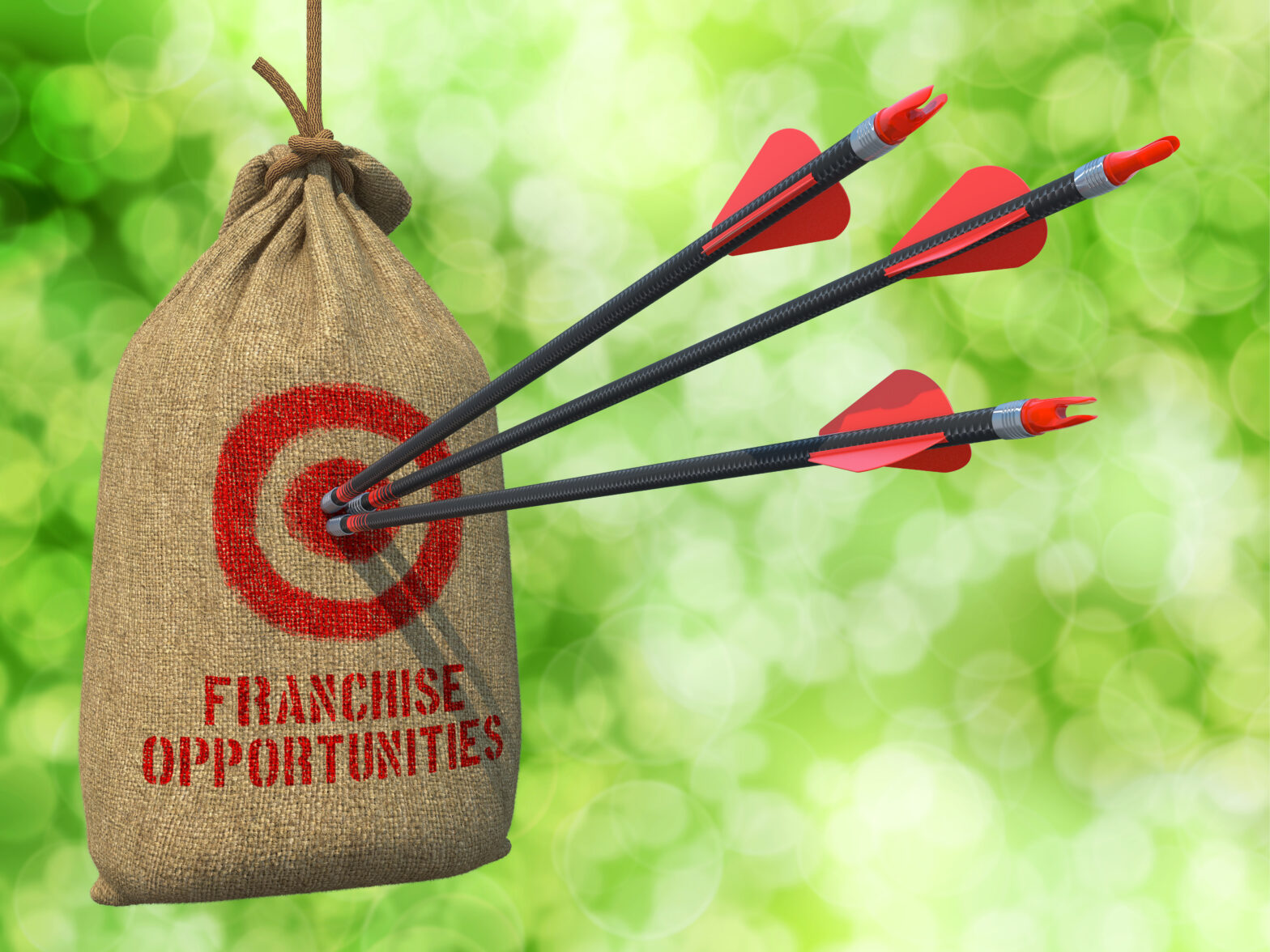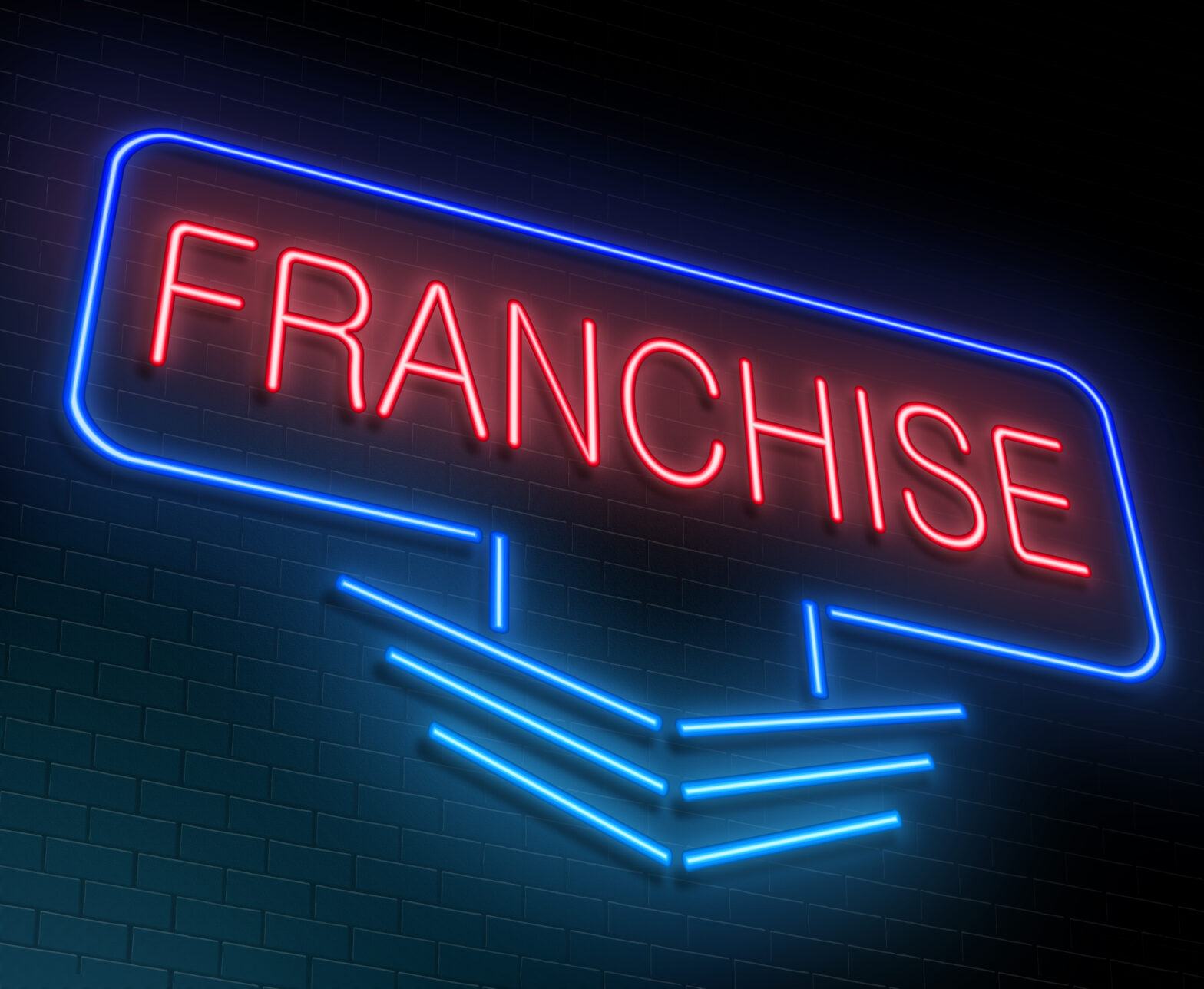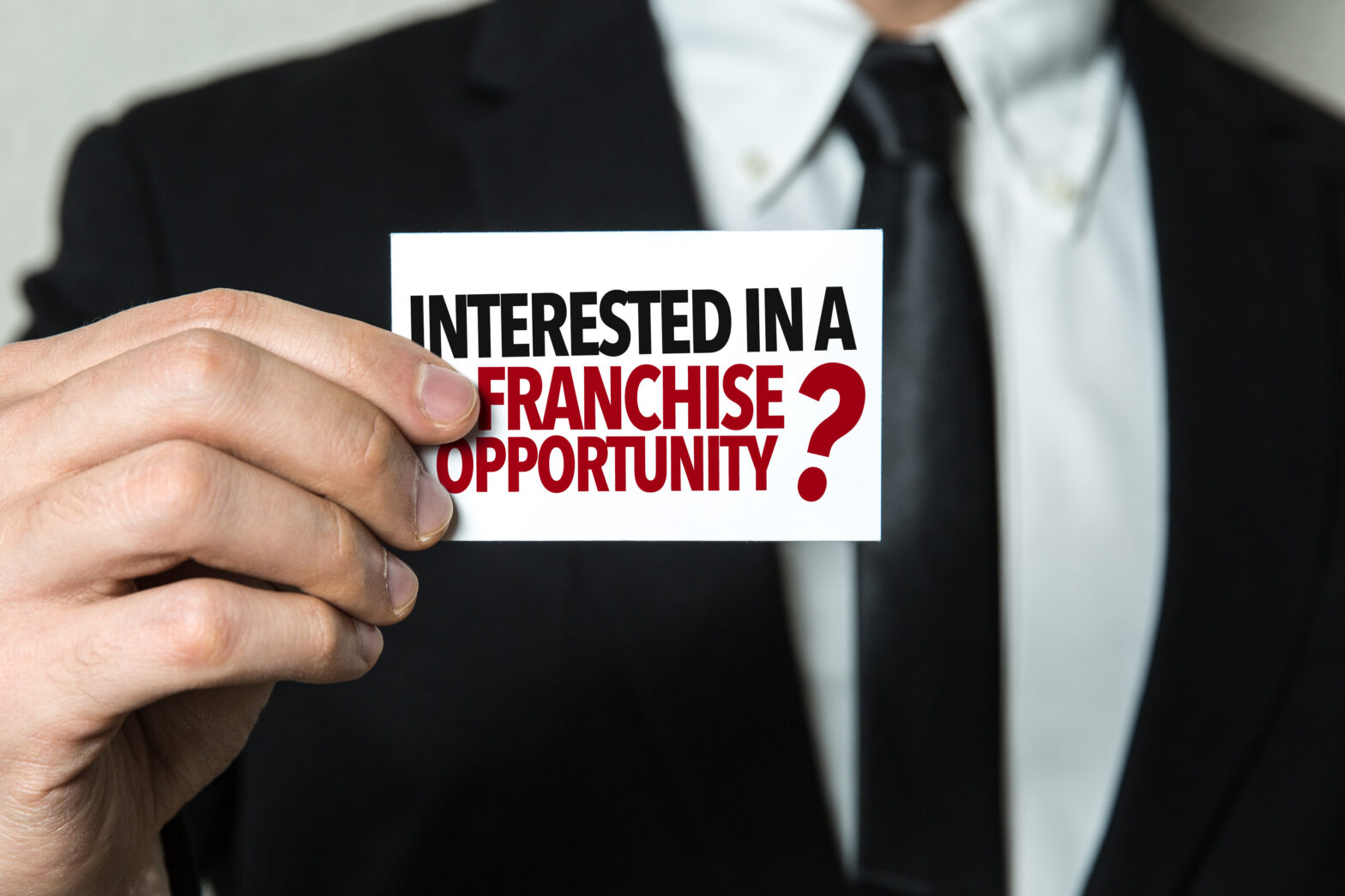Binding agreements
You will need a legal contract to establish what the trading obligations are between you and the franchisee. This will make it clear what both parties should expect from each other. It will also provide you with legal protection for the brand.
Initial investment
The funding for adapting your business into a franchise will vary depending on the complexity of the business model. For both legal and consultancy costs it could be anything from £10,000 to £500,000. A good first port of call is the British Franchise Association (BFA), which has a full list of affiliated solicitors and consultants.
After this it is the franchisee who will invest in the growth of the business, and will pay you a fee and percentage future of revenue.
A two-way process
Having grown your business from scratch it may be hard to let go of the reins, so think carefully about whether you are ready to loosen control.
See also: What is a franchise? Advice for small businesses
Ken Rostron, a consultant at The Franchise Company, says: ‘It’s a kind of partnership. You can’t be autocratic or unwilling to delegate. I’ve seen lots of people whose businesses would have translated well to a franchise, but were unable to take the final step because of these reasons.
‘The role of the franchiser should be to develop the brand on a national level, with the franchisee promoting the business at a local level. When this works it is quite a potent combination.’
Strength in numbers
Clive Houlson, licence owner of electrical installation company Mr. Electric and air conditioning and heating business Aire Serv, says there are considerable benefits once the model is up and running.
He says: ‘Franchising can make your company strong as you’re sharing both the responsibility and the gain with the franchisees, together you’re helping to develop a brand which people will become aware of and trust.’




